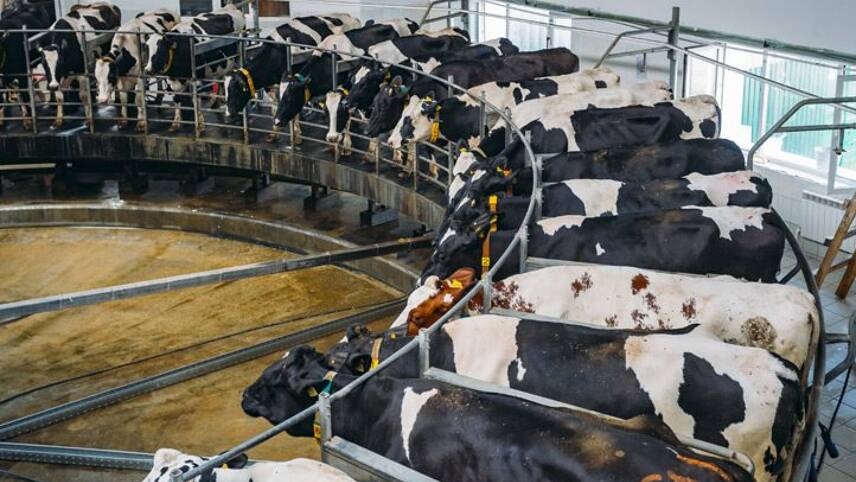Register for free and continue reading
Join our growing army of changemakers and get unlimited access to our premium content

CDP estimates that 90% of food sector emissions happen in the supply chain
That is according to a new report from CDP, taking into account the environmental data disclosed by 504 companies including retailers, FMCG brands and major suppliers.
While seven in ten businesses which CDP asked for data provided disclosure in some form, just 16% provided information on the indirect (Scope 3) emissions in their supply chains. CDP estimates that Scope 3 sources account for 90% of the emissions from the agri-food sector, which scientists have repeatedly linked to climate change and biodiversity loss.
For the Science-Based Targets initiative (SBTi) to verify targets in line with 1.5C, businesses must measure and disclose Scope 3 emissions and set ambitious reduction targets. While praising the 75 businesses which did have verified SBTs, including Starbucks, Heineken and Coca-Cola, CDP warned that the sector, as a whole, is lagging on climate change.
CDP also found that the sector is broadly failing to combat deforestation and nature loss. Only half of companies expected to disclose on forest risks for palm oil did so. The proportion was even lower for soy and cattle.
CDP has voiced particular disappointment that many of the businesses with poor Scope 3 emissions disclosures, forest practices and weak climate targets have launched new products badged as “eco-friendly” in recent months. One-third of business opportunities disclosed to CDP related to new products and services in the alternative proteins market.
Aside from setting science-based targets, CDP is calling for food majors to increase disclosures on climate risk, water security and forests. Companies that take these measures are more than twice as likely to identify and tackle critical risks, the body found. It found that the practice of carbon and water pricing can help ensure these risks are prioritised in all decision-making.
But the organisation recognises that no one organisation can transform the global food system in the ways necessary to tackle related environmental and social challenges alone.
It recommends collaboration on increasing agricultural productivity; protecting farmers; restoring nature; adopting nature-based solution and reducing food loss and waste. Policymakers also have a role to play – a role they are currently shirking, CDP warns.
FAIRR and square?
The publication of the CDP research comes shortly after investor coalition FAIRR found that eight in ten of the world’s biggest meat, fish and dairy suppliers have not set meaningful targets to reduce emissions – leaving the companies who buy from them at risk of missing their climate goals.
FAIRR’s research polled 60 of the biggest suppliers, including those in contracts with brands like Burger King, McDonald’s UK and Nestle. 86% had either failed to set or failed to publicly disclose emissions targets which are aligned with the Paris Agreement and one-third were predicting a year-on-year increase in emissions.
As with CDP’s research, Scope 3 emissions were found to be a key sticking point. Three-quarters of firms polled by CDP had not measured their emissions across all scopes.
Sarah George


Please login or Register to leave a comment.